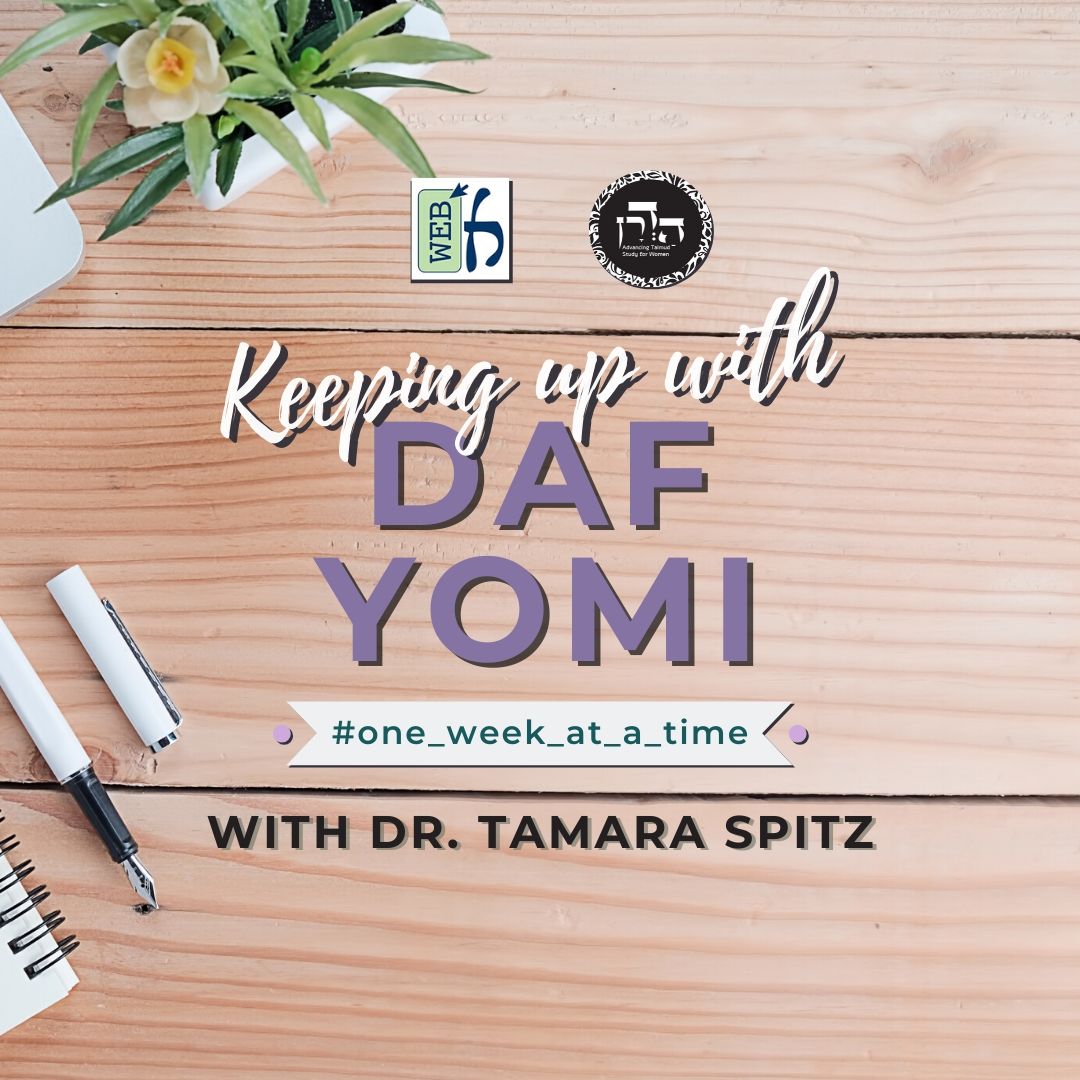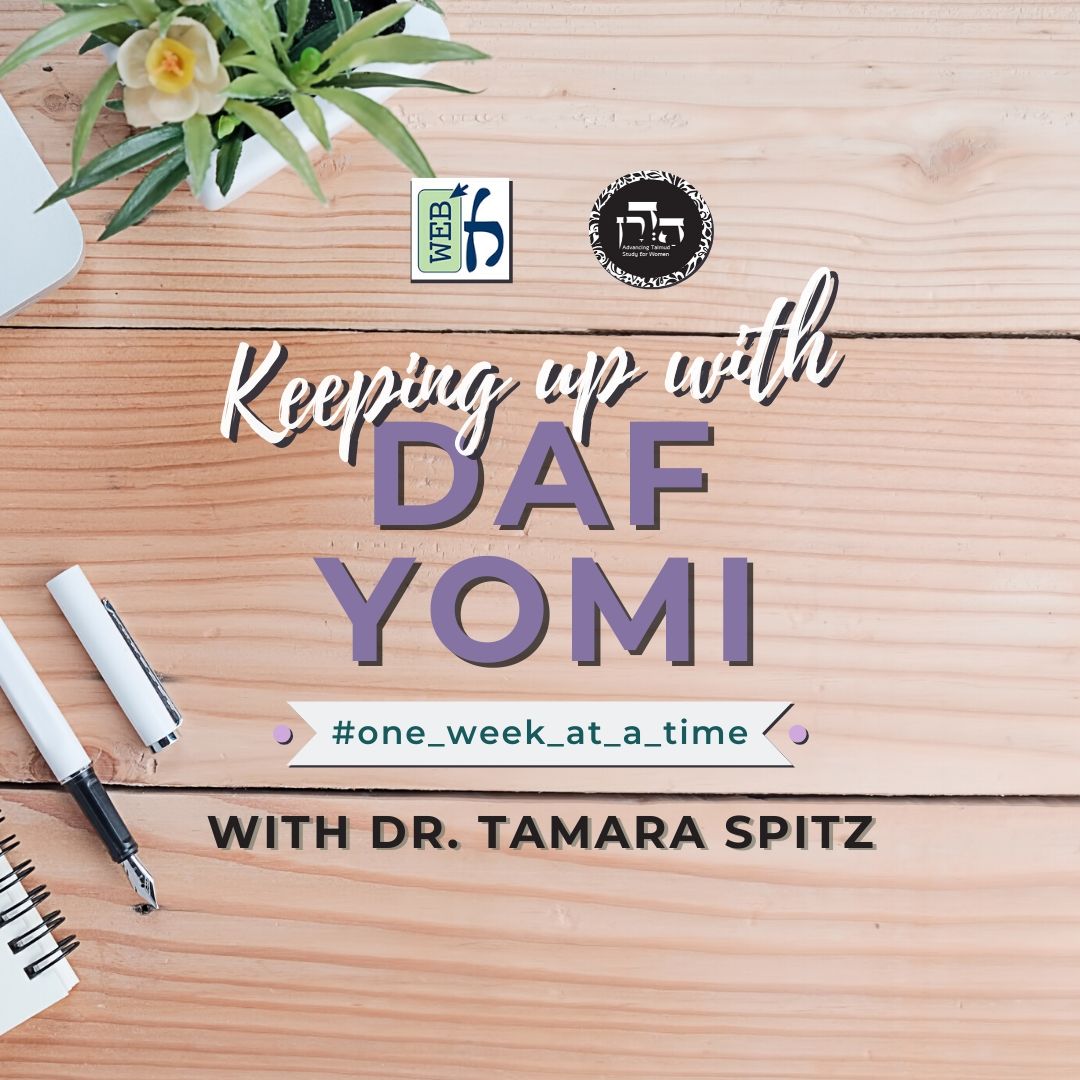What did they purchase with the money collected from the half-shekel? What was purchased with the remainder? What was done with the money from the previous year that was leftover? What salaries were paid from the money collected? Are people allowed to donate items to the Temple or volunteer their time? In what situations is it allowed and in what situations is it problematic? Which offerings must be brought from produce of the land of Israel? Does everyone agree about this? How did they do salary payments in a way that ensured the money would no longer be sanctified? What was purchased with different items that could be leftover? Various opinions are brought. Can one invest items that were sanctified in order to try to make more money for the Temple? If certain items in the Temple are disqualified, can one offer sacrifices? What are the various opinions on this topic?
Want to dedicate learning? Get started here:


Summary
Today’s daily daf tools:
Today’s daily daf tools:
Delve Deeper
Broaden your understanding of the topics on this daf with classes and podcasts from top women Talmud scholars.
New to Talmud?
Check out our resources designed to help you navigate a page of Talmud – and study at the pace, level and style that fits you.
The Hadran Women’s Tapestry
Meet the diverse women learning Gemara at Hadran and hear their stories.























